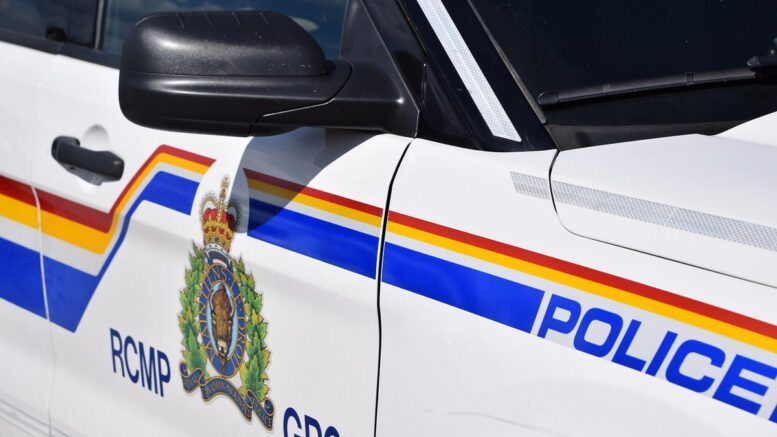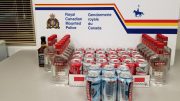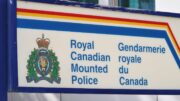The federal government is committing almost $1.5 million to help train RCMP officers in the Northwest Territories to recognize drug-impaired drivers.
The move follows a similar announcement for Mounties in Yukon earlier this summer and comes after the legalization of cannabis in Canada last year.
In a news release, the feds state that impaired driving is a leading cause of criminal death and injury in Canada.
The government states that Far too many Canadians are risking their lives and the lives of others driving while impaired by cannabis or other drugs.
It goes on to say that getting drug-impaired drivers off the road is a priority and makes travelling safer for everyone.
Bill Blair, Minister of Border Security and Organized Crime Reduction, announced Monday $1,453,900 over five years to the Northwest Territories to increase capacity among frontline police officers in Standardized Field Sobriety Testing (SFST) and Drug Recognition Expert (DRE) evaluation.
The training is to help officers detect and deter drug-impaired driving and enforce the new legislative offences.
Funding will also be used to develop standardized data collection and reporting practices that will be used to analyze trends, identify gaps and provide an accurate picture of drug-impaired driving in the territory, and across Canada.
The funding is part of the $81 million announced by the Government of Canada for provinces and territories to support public and road safety activities.
“The primary responsibility for any order of government is the safety of its citizens. While many communities in the Northwest Territories are only accessible by air or winter ice road, many use All Terrain Vehicles (ATVs), snowmobiles, trucks and boats for transport, hunting and other on-the-land activities,” stated Blair. “Ensuring frontline officers across the Territory are trained to detect and deter drug-impaired drivers will ensure that all communities can continue to safely participate in these activities.”
Quick facts:
- There are over 14,400 Standardized Field Sobriety Testing (SFST) trained officers across Canada (November 2018) and 1,115 certified DREs (August 1, 2019).
- For this agreement, the Northwest Territories has established an objective of training 69 additional police officers in SFST and 61 officers in SFST refresher, and training an additional 4 DREs over five years.
- Public Safety Canada introduced its second Don’t Drive High public awareness advertisement in April 2019. The campaign will continue to engage young Canadians and leverage partnerships with other levels of governments and organizations that are working toward the same goal to eliminate drug-impaired driving on Canadian roads.
- Overall, 15 per cent of cannabis users with a valid driver’s license reported driving within two hours of consuming cannabis, according to combined data from the fourth quarter of 2018 and the first quarter of 2019. This was unchanged from the first half of 2018.
John has been in the broadcast journalism industry since the 1980s. He has been a reporter in Yellowknife since 2012 and joined CKLB in January of 2018.
John covers the crime and court beat as well as reporting on other areas including politics, business, entertainment and sports.
He won seven national community newspaper awards while he was a journalist with Northern News Services Limited (NNSL).
John worked in Ontario before coming North including stints as a TV sportscaster in Peterborough and senior news writer for CBC and CTV in downtown Toronto.









